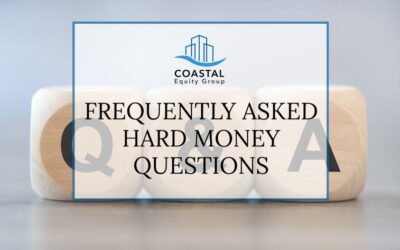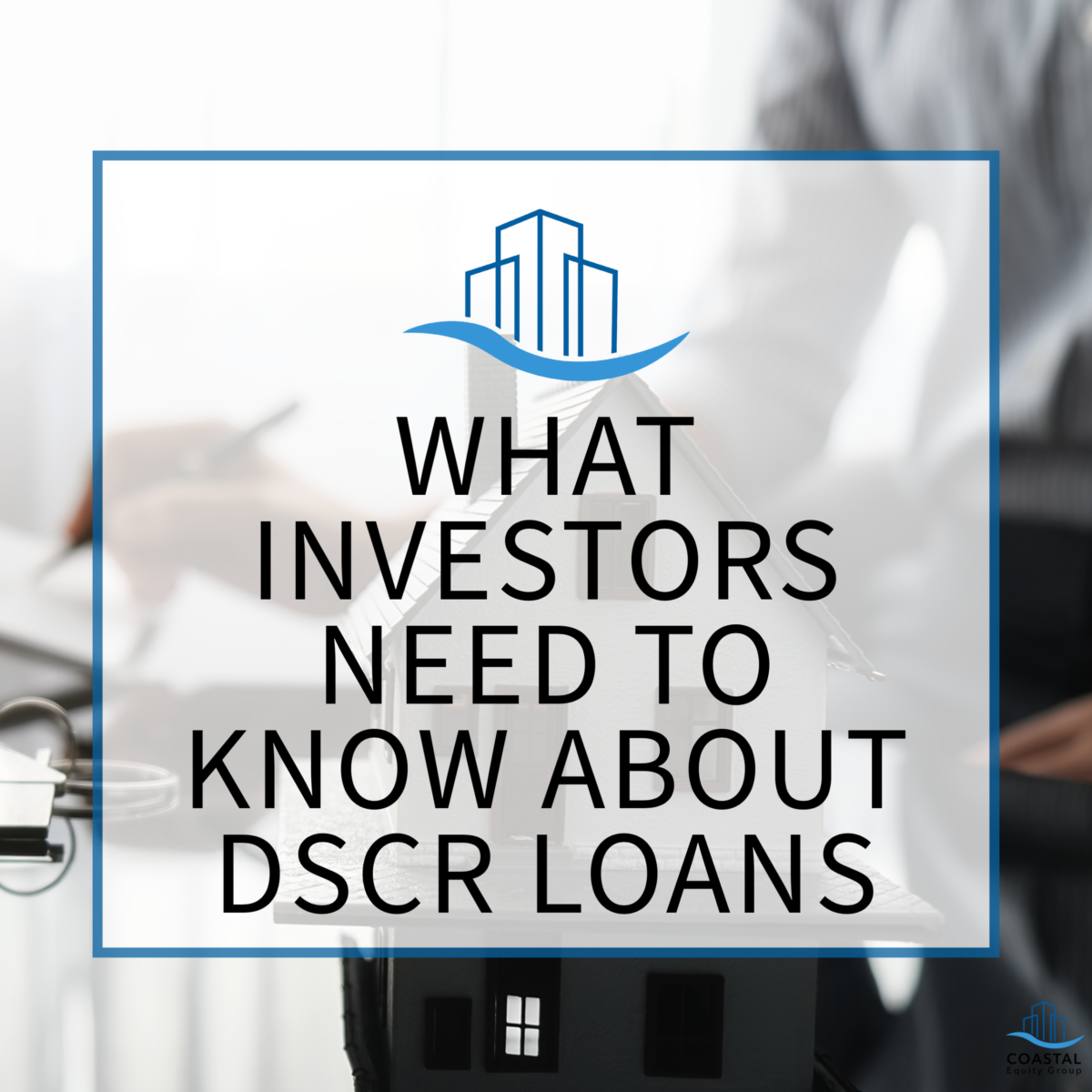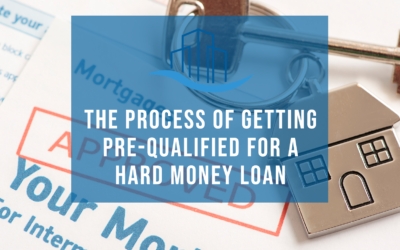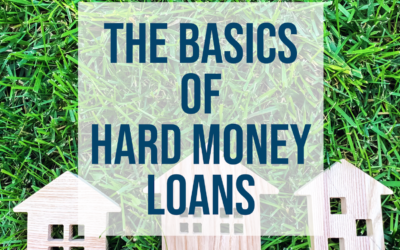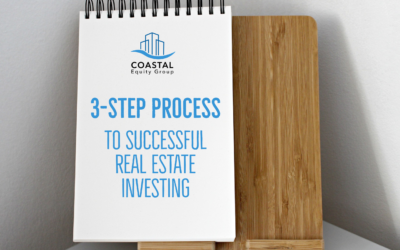6 Tips for Real Estate Investors in the Lowcountry

Real estate can be a lucrative field for investors who work hard, do their homework, and build solid reputations for honesty and ethical conduct in their industry. Real estate investors take risks to earn profits from appreciation, cash flow commissions, and ancillary income but must balance them against taxes and insurance, depreciation, maintenance and repair costs, and unforeseen threats.
Wise real estate investors are generally rewarded, so if you’re planning to enter the field, know the basics before you start.
1. Buy Low, Sell High
Wholesale properties generally move at a discount because they’re purchased in bulk. Investors with the capacity to take on several properties at once can multiply their investments when they buy, improve and sell wholesale properties.
2. Cash Flow is King Early On
Beginner real estate investors need to prioritize cash flow lest they find themselves underwater right at the start. Consider buying properties that produce a steady stream of income until the business has significant assets. Remember that the mortgage isn’t the only cost. Vacancies, property management fees, and maintenance and repairs can devour a big chunk of the profits. In the Lowcountry, add the threats from hurricanes, tornadoes and flooding damage.
3. Mind the 1% Rule
Speaking of cash flow, the controlling rule of thumb regarding income-producing properties is that rental income should account for 1% of the purchase price in order for the deal to make financial sense. Thus, before making a $250,000 investment, determine whether it will produce $2,500 in rental income right away.
4. Acquaint Yourself with the Tax Implications
Uncle Sam and the Palmetto State both offer tax incentives to private investors to create housing, but local municipalities collect much of their income from real estate taxes. Make sure you are familiar with federal and state depreciation rules, business deductions, mortgage interest and other deductions, and with local real estate tax policy.
5. Consider the Best Street/Worst House Rule for Residential
Veteran real estate investors know that location is the key to real property, even more than the actual property itself. Individual properties are infinitely easier to improve than a whole neighborhood. That is why investors know purchasing the worst house on the best street is a great strategy and buying the best house on the worst street is a prescription for loss.
6. Get the Financing Appropriate for Your Project
Investors seeking to add value to a property and then flip it require streamlined financing they can leverage quickly. Wholesalers often need transactional financing before going to the consumer market. Commercial real estate investors often look to bridge loans to close their deals. In every case, it is critical for investors to find the financing source that works best for them, and particularly in non-traditional transactions, that’s not a bank or ordinary mortgage lender.
Coastal Equity Group is a professionally managed boutique investment firm providing real estate-based loans to borrowers in need of non-traditional financing. Because we are small and private, we can move quickly through the underwriting process and structure loans more creatively than conventional banks. Based in Charleston, South Carolina, Coastal Equity Group also lends in Kentucky and Florida. Apply for a loan today.
Take your real estate business to the next level!
Partner with Coastal Equity on your next real estate venture.
More real estate posts by “The Coast”
Articles and Videos
FREQUENTLY ASKED HARD MONEY QUESTIONS
How do I get started with Coastal Equity Group? Getting started is simple and easy. The first step...
What Investors Need to Know About DSCR Loans
With interest rates on the rise, investors are starting to re-evaluate exit strategies for their flip...
The Current Shift In The Lending Marketplace
To fully understand the current state of the market, you’ll have to take a look at the key driving forces...
The Process of Getting Pre-Qualified for a Hard Money Loan
In the world of real estate, moving fast is sometimes not fast enough. That is why it is essential to have a...
What does Rising Interest Rates and Inflation mean for Real Estate Investors?
As we witnessed this past month, the Federal Reserve passed their second federal fund rate increase by 50...
Common Reasons a Hard Money Lender May Deny your Loan Request
Real Estate Investors typically find it easier to get pre-approved with a Hard Money Lender than a...
Tips & Questions to Ask When Hiring a General Contractor
For real estate investors who are rehabbing properties, finding the right contractor is imperative in being...
2022 Home Buying Trends
Over the past few years, the real estate market has endured historic and unprecedented times. While...
The Basics of Hard Money Lending
It’s officially 2022 and with a new year comes new opportunities. A goal of 2022 may be to generate more...
3-Step Process to Successful Real Estate Investing
The housing market is at an all-time high with home and rental prices surging across the United States. Is...

